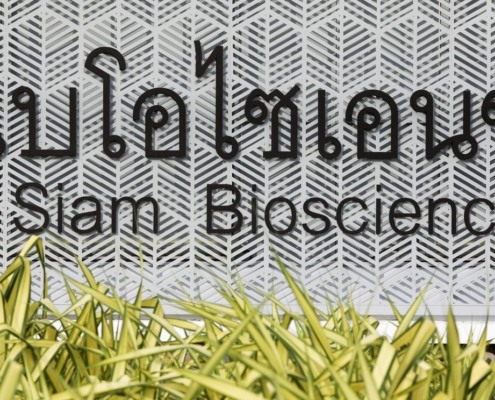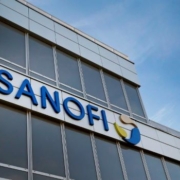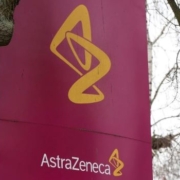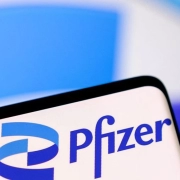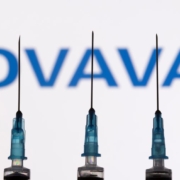Thai king’s medical firm reports record profit after vaccine deal with AstraZeneca
Thai king’s medical firm reports record profit after vaccine deal with AstraZeneca
BANGKOK, Aug 25 (Reuters) – Thai drugmaker Siam Bioscience, owned by the country’s king, reported a near 50-fold increase in annual profit in 2021, when it began producing AstraZeneca Plc’s (AZN.L) COVID-19 vaccine, government data shows.
The company is part of King Maha Vajiralongkorn’s vast fortune, which includes land and property estimated at between $30 billion and $60 billion.
Founded in 2009 by the late King Bhumibol Adulyadej to produce biopharmaceuticals and improve public health, the company had since been loss-making and reported its first profit only in 2020 of 35.7 million baht ($995,000).
Its business improved sharply last year, as it began manufacturing vaccines for the first time.
Profit soared a whopping 4,650% to 1.69 billion baht and revenues increased by 1,500% to a record 4.9 billion baht, aided by its contract to manufacture 200 million doses of the Anglo-Swedish firm’s COVID-19 vaccine.
The deal came under fire from a prominent Thai opposition politician who questioned why the contract went to a company that was owned by the king and had never made vaccines before.
He now faces up to 20 years in prison following his indictment earlier this year for insulting the king and violating a cyber law. read more
Thailand’s health officials have defended the decision, while AstraZeneca has said that Siam Bioscience had passed the same quality and capacity checks it conducts on its more than 20 licensed manufacturers worldwide.
Siam Bioscience’s headquarters has also become a site for anti-government protesters, with some demanding reform of the monarchy.
The company received a 600 million baht government subsidy to develop its production capacity and has said it would manufacture vaccines under a “no profit, no loss” policy, meaning it would sell the vaccines at cost.
($1 = 35.8800 baht)
Our Standards: The Thomson Reuters Trust Principles.
Source: Reuters

